The Aftermath Of The LA Fires: A Look At Price Gouging Accusations
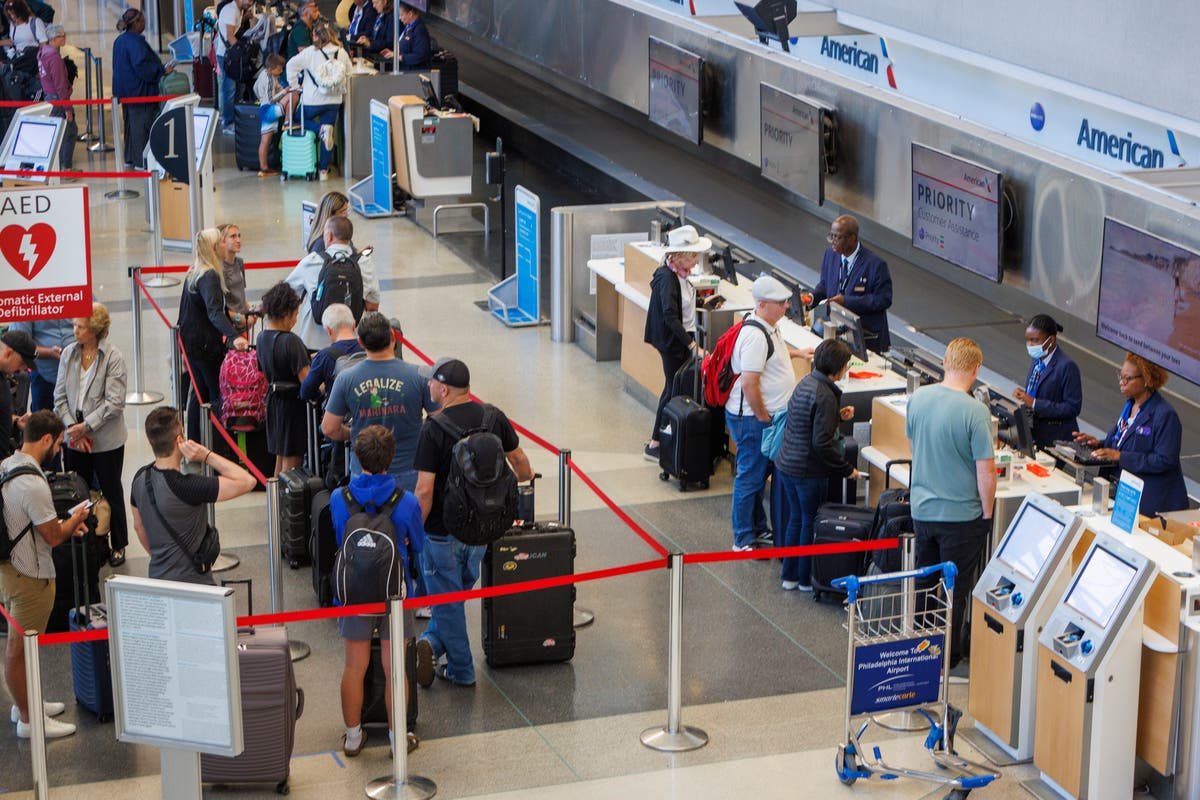
Table of Contents
Identifying Price Gouging After the LA Fires
Defining price gouging requires understanding its context. In emergency situations like the LA fires, it's the unconscionable increase in the prices of essential goods and services, exploiting the vulnerability of disaster victims. This differs from normal market fluctuations; it's about excessive profit-seeking during a crisis.
Examples of goods and services commonly affected include:
- Hotel rooms: Hotels near evacuation zones often see exorbitant price hikes.
- Gasoline: Fuel becomes crucial for evacuation and recovery efforts, making it a target for price gouging.
- Bottled water: Clean drinking water is vital, leading to inflated prices for bottled water.
- Building supplies: The demand for lumber, drywall, and other construction materials soars after fires, creating opportunities for exploitation.
- Temporary housing: The need for immediate shelter drives up the cost of rentals and temporary housing options.
Identifying unreasonable price increases requires comparison. Track pre-fire and post-fire prices for similar items. Look for:
- Significant price hikes compared to pre-disaster prices: A 10% increase might be acceptable, but a 500% increase is clearly exploitative.
- Exploitative pricing practices targeting vulnerable populations: Businesses that unfairly target those displaced by the fires are guilty of price gouging.
- Artificial scarcity created to justify inflated prices: Limiting supplies to drive up demand is a clear sign of price gouging.
Legal Ramifications and Consumer Protections
California has strong laws against price gouging, particularly during states of emergency. These statutes prohibit excessive price increases on essential goods and services. The specifics of what constitutes "excessive" vary, but generally involve significant percentage increases compared to pre-disaster prices.
Reporting price gouging is crucial. You can contact:
- The California Attorney General's office: They have dedicated resources for handling price gouging complaints.
- Local consumer protection agencies: City and county agencies often have consumer affairs departments to address such issues.
Penalties for businesses engaging in price gouging can include:
- Significant fines: Businesses can face substantial financial penalties for violating price gouging laws.
- Legal action: Consumers can sue businesses for damages resulting from price gouging.
Ethical Considerations and Corporate Social Responsibility
The moral implications of profiting from disaster are significant. Businesses have an ethical responsibility to act with integrity, particularly during times of crisis. Exploiting the vulnerability of disaster victims is morally reprehensible, regardless of legal ramifications.
Corporate social responsibility during emergencies emphasizes fair pricing and community support. Businesses should strive for:
- Transparency in pricing: Open and honest pricing practices build trust and demonstrate ethical commitment.
- Community support: Donating resources, offering discounts, or providing free services contribute to recovery efforts.
- Fair wages for employees: Ensure those working during the disaster are fairly compensated for their services.
The Role of Media and Public Awareness
Media coverage plays a crucial role in exposing price gouging. News reports can highlight businesses engaging in unethical practices and hold them accountable. Public awareness campaigns can educate consumers about their rights and encourage reporting of suspicious activity.
- Social media: Social media platforms can quickly disseminate information about price gouging, facilitating collective action and consumer pressure.
- Consumer vigilance: Consumers should be vigilant and report any suspected cases of price gouging to the appropriate authorities.
- Collective action: Organized consumer groups can amplify their voice and demand fair pricing.
Conclusion
The aftermath of the LA fires underscores the critical need to combat price gouging after natural disasters. Understanding the legal protections, ethical implications, and the power of collective action is vital. By reporting suspected price gouging, supporting ethical businesses, and raising public awareness, we can create a more just and equitable recovery process for affected communities. If you believe you have been a victim of price gouging after the LA fires, or any other disaster, take action and report it immediately. Let's work together to prevent price gouging and ensure fair practices following future disasters.

Featured Posts
-
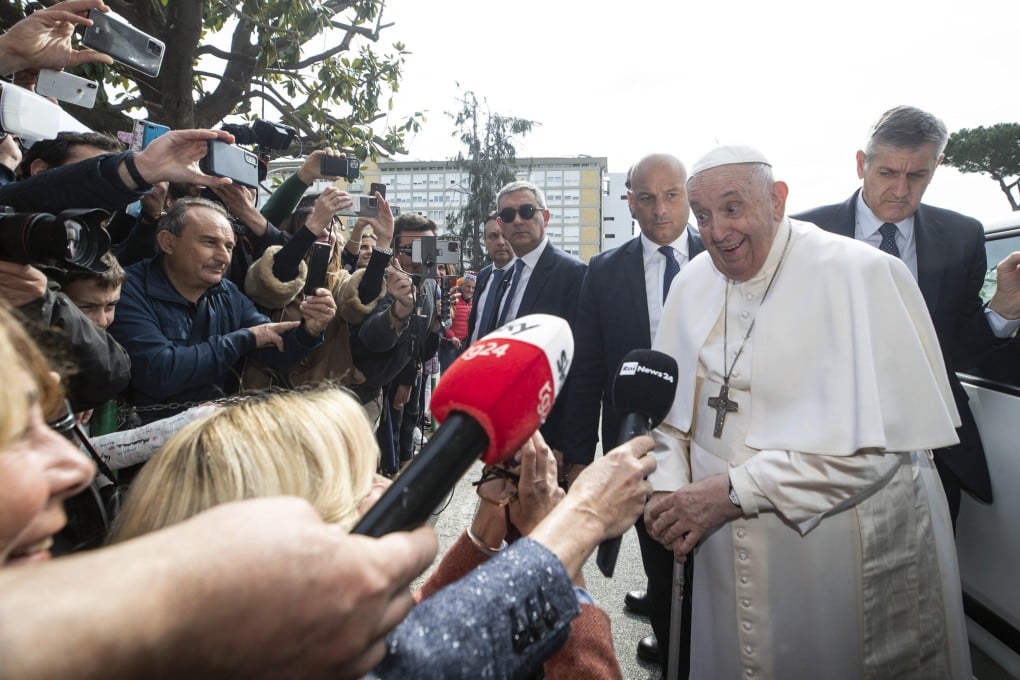 88 Year Old Pope Francis Dies After Pneumonia Illness
Apr 22, 2025
88 Year Old Pope Francis Dies After Pneumonia Illness
Apr 22, 2025 -
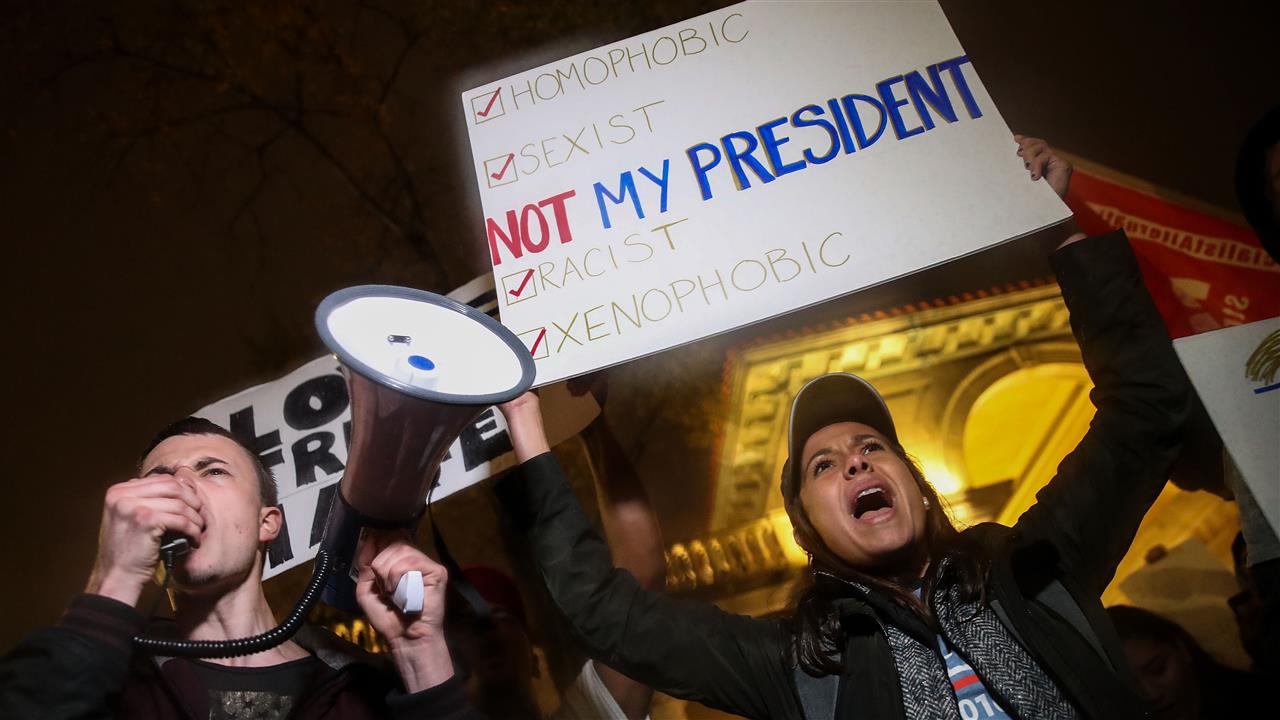 Voices Of Dissent Nationwide Protests Against Trump
Apr 22, 2025
Voices Of Dissent Nationwide Protests Against Trump
Apr 22, 2025 -
 Pope Francis A Reflection On His Life And Papacy Following His Death
Apr 22, 2025
Pope Francis A Reflection On His Life And Papacy Following His Death
Apr 22, 2025 -
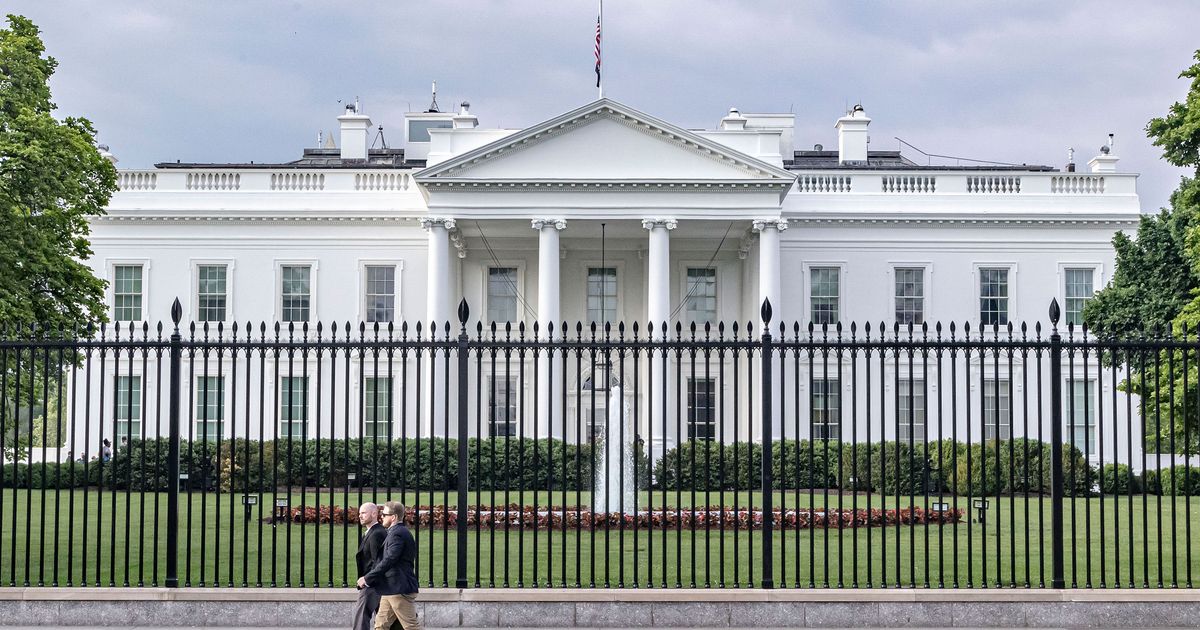 Secret Service Ends Probe Into Cocaine Found At White House
Apr 22, 2025
Secret Service Ends Probe Into Cocaine Found At White House
Apr 22, 2025 -
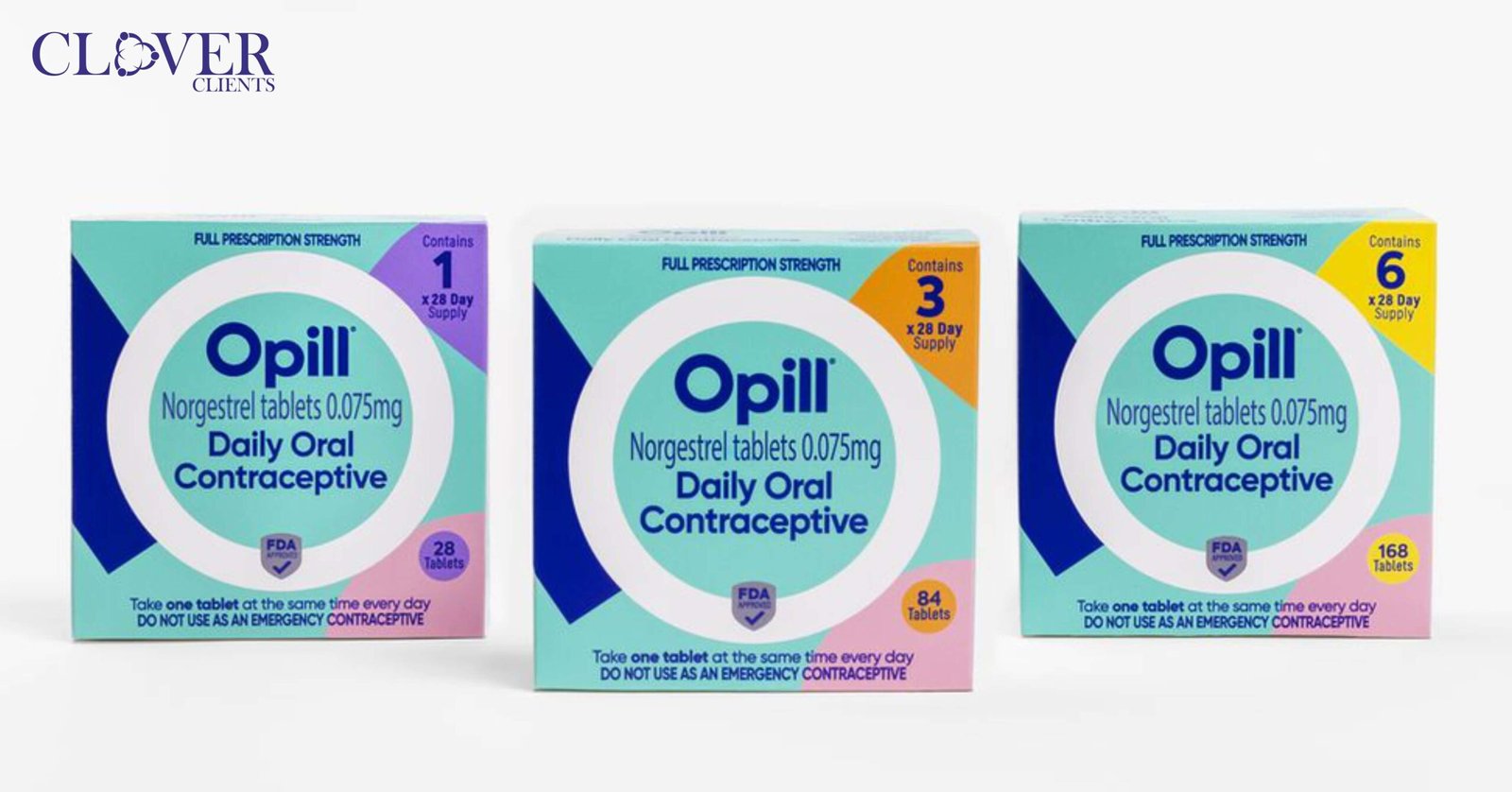 The Post Roe Landscape Examining The Role Of Over The Counter Birth Control
Apr 22, 2025
The Post Roe Landscape Examining The Role Of Over The Counter Birth Control
Apr 22, 2025
